‘Oh, those Greeks! They knew how to live. What is required for that is to stop courageously at the surface, the fold, the skin, to adore appearance… Those Greeks were superficial — out of profundity [Nietzsche’s own italics].’ Thus said Nietzsche in the preface to The Gay Science. I expect Richard Strauss knew the passage. At any rate, many of his works give the impression of being composed by someone who wasn’t sure how profound he could be, or wanted to be, or indeed what profundity was.
This is most evident in Ariadne auf Naxos, which deals explicitly with these issues. To add to his perplexities at this time, Strauss had Hugo von Hofmannsthal lecturing him in letters. The key one is printed in the Royal Opera’s programme for the revival of Ariadne. In it Von Hoffmansthal cultivated that vein of genteel mystical mythology that alternately cowed Strauss into agreement and left him feeling irritable and more determined than ever to be ‘the Offenbach of the 20th century’. Ariadne in its final form, the one we almost always see, brilliantly presents a set of related problems, all in this area. In the Prologue the Composer (clearly the actual librettist) is all solemn ardour and indignation, while the Dancing Master, head of the comedy troupe, is unfazed by the demand that a grand tragedy and a harlequinade should be performed simultaneously.
The Prologue is one of the best things Strauss ever did, showing more than anything else he wrote how wonderful an operetta composer he could have been. In Christof Loy’s production, now revived for the fourth time (I missed the last revival), there seemed to me to be innumerable small changes, but nothing that made a significant difference. We still have the whole set moving up a floor after a few minutes, expensive and impressive, but it’s hard to see what point is being made. The depiction of life behind the curtain might be compared to Kiss Me, Kate, which is equally witty and with some more memorable tunes. But Ariadne’s Prologue has, as always in this production, the seedy Music Master of Thomas Allen, a classic portrayal, and in this revival the adorable Composer of Ruxandra Donose, who takes the role as seriously as possible but no further, so contrives to be funny, touching, ecstatic. Lothar Koenigs, making his Royal Opera debut, is indulgent in matters of tempi, so that the sudden winning flaring-up of passion between the Composer and Zerbinetta almost becomes like something out of Brief Encounter. And as always I find the Prologue’s climax, ‘Musik ist eine heilige Kunst’, is more moving verbally than in the art it apotheosises.
And so, after a 40-minute interval (intervals ought to dictate the set-changes, not vice versa), to the Opera, an hour and a half that always seems longer. Ariadne on her island is the personification of deep feeling, though the presence of the comedy troupe does prompt one to ask what distinguishes deep feeling from self-indulgence. Something does, of course, but it’s not all that easy to say what. With the finest Ariadnes I’ve seen, something in the performer’s demeanour gives away that Ariadne is laying things on too thick. I didn’t find that, this time, with Karita Mattila. Her voice is undiminished in its power, and her two grand solos remain fairly moving; but they would be more moving if they weren’t so grand. Jane Archibald, by contrast, is Zerbinetta to a T, and I even managed to enjoy all of her enormous aria celebrating the virtues of infidelity, and despite the breathtaking coloratura she managed to give equal weight to her recurring conviction that this time she really has found the right man. Thanks to a very strong Harlequin in Nikolay Borchev, their relationship seemed the most interesting, even the most promising, in the opera. You can almost feel the dread in the music as Strauss knows he’s got to be suitably imposing with the arrival of Bacchus, and though this section was cleverly conducted by Koenigs, the opera lapses irretrievably into prolix kitsch at this point. William Mann, whose book on Strauss’s operas I still find the most helpful, calls the final duet ‘a lengthy failure’ — that was in the days when opera critics still made value judgments about works. Robert Dean Smith, whom I first saw making an unscheduled debut in Bayreuth as Walther in Die Meistersinger 18 years ago, and often since, is a reliable but not imaginative singer, and, seated near an exit, I crept out when the duet had got under way. For Strauss betrays himself in that last 20 minutes, comes down heavily in favour of profundity as the spouting of metaphysical hocus-pocus, and simply muddies waters that he has earlier given signs of trying to clear.
Got something to add? Join the discussion and comment below.
Get 10 issues for just $10
Subscribe to The Spectator Australia today for the next 10 magazine issues, plus full online access, for just $10.

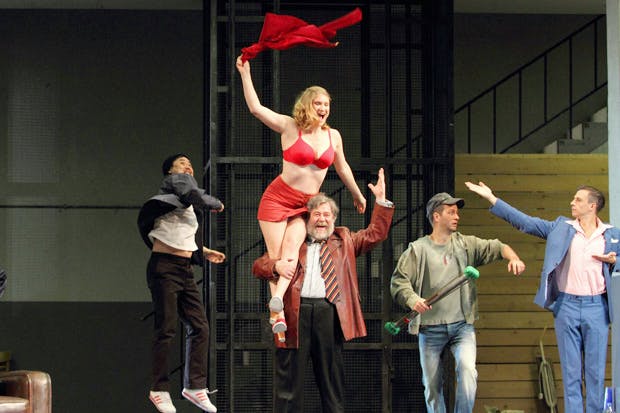
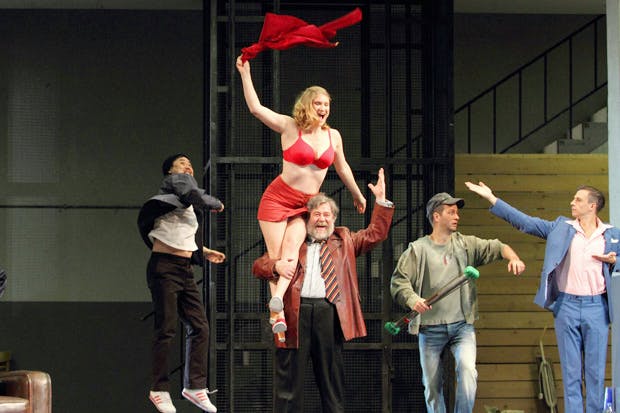
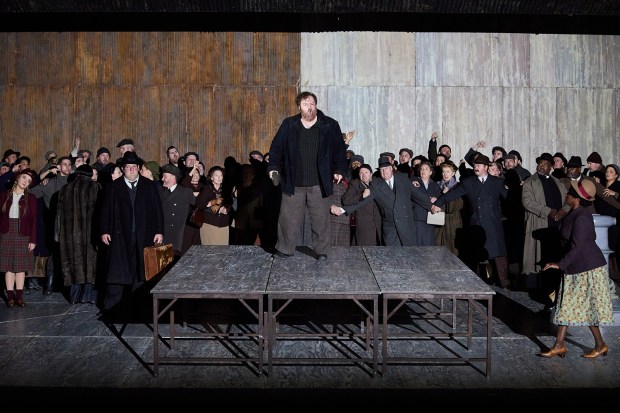

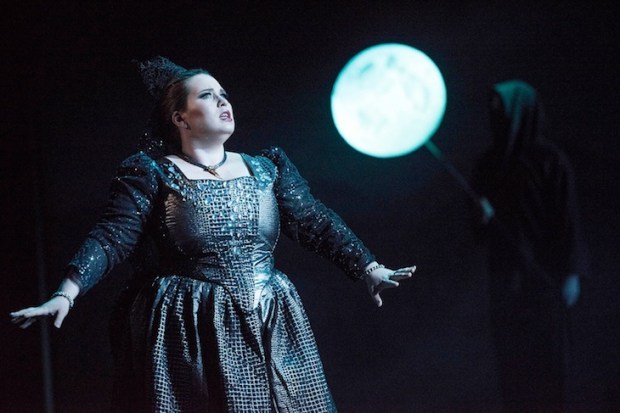
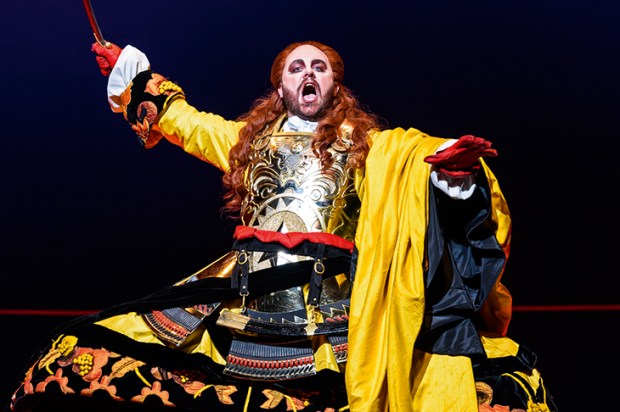
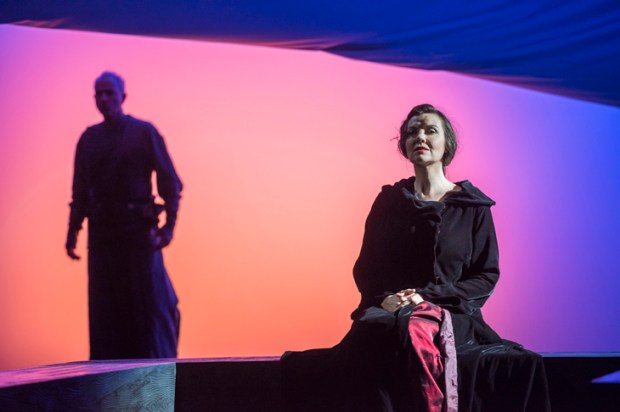






Comments
Don't miss out
Join the conversation with other Spectator Australia readers. Subscribe to leave a comment.
SUBSCRIBEAlready a subscriber? Log in